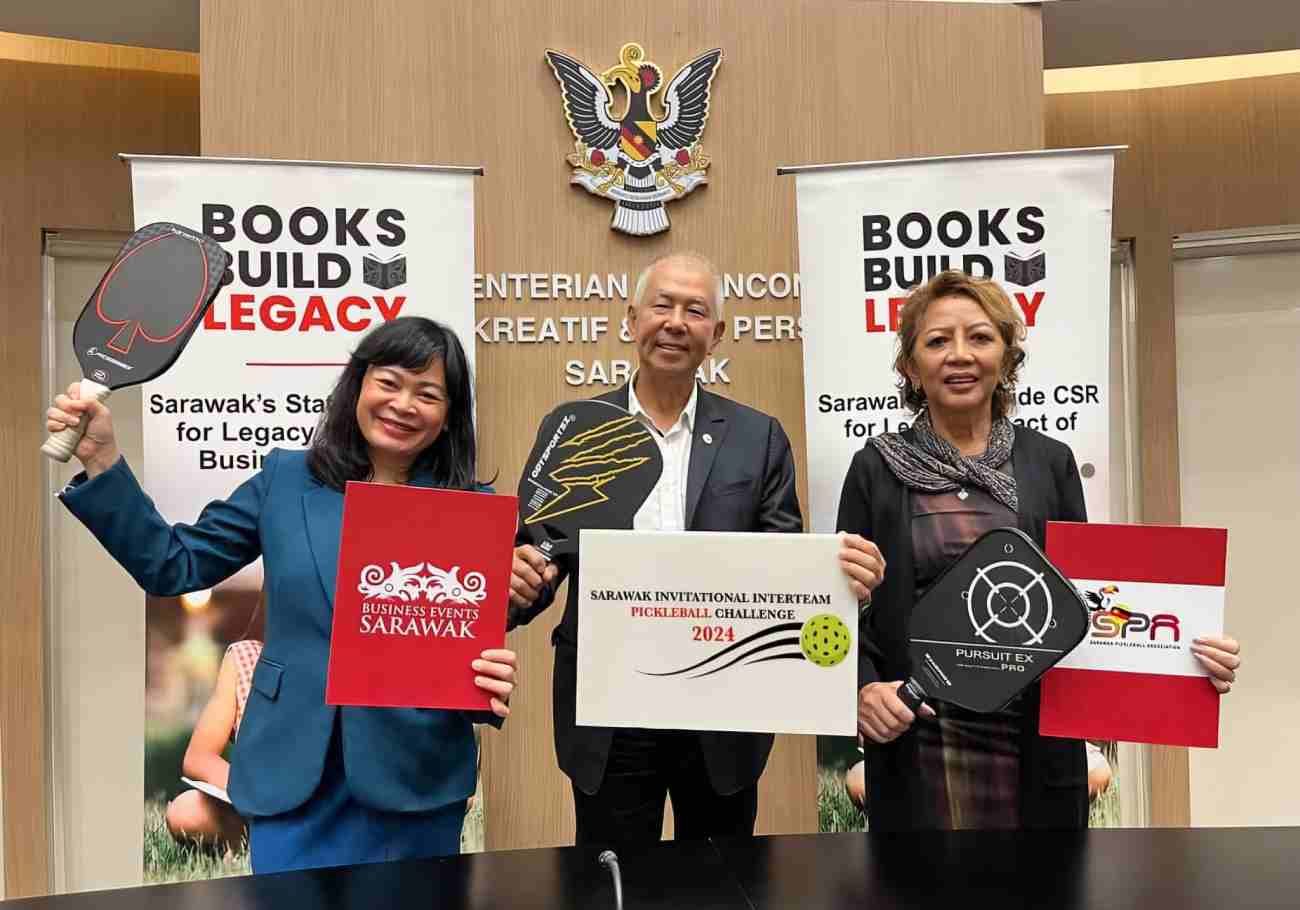BY: KOH CHOON HWEE
Recently, Prime Minister Lee Hsien Loong announced that the People’s Action Party (PAP) needed to reform its politics and “engage with the young”.
Indeed, the rules of the political game have changed and much of the PAP’s political capital, earned through decades of hard work enabling our leap to developed world status, is now losing its allure to a significant proportion of the electorate. Priorities have shifted and competence in generating economic growth cannot address the concerns that most Singaporeans have regarding the “intangibles”, such as quality of life and social mobility.
Nevertheless, while the establishment reorients its engagement strategies, shouldn’t we – and I speak as a young adult – also reflect upon how we engage the establishment and push for reform?
Mr Lee said: “As they work with us, they change – and we change.” This short phrase resonated with me because of my recent experiences. As an active final-year student haunted by the knowledge that this is my last year in which I can effect any positive change on campus, I frequently meet with friends and classmates to keep abreast of various problems that fellow students might face.
Often, the disincentives of voicing these grievances outweigh the incentives. Students who do take the time to draft emails to expose flaws in the system are not guaranteed a successful rectification of “wrongs” suffered. Most of the time, these problems are minor in the larger scheme of things, such as being assigned an Honours thesis advisor whose field has nothing to do with your thesis.
I often attend feedback sessions and one of the most fruitful meetings I have had was with National University of Singapore Provost Tan Eng Chye and his staff. We students raised many questions – for example, why are some lecturers so boring? Why do we have a bell-curve system? Why are we setting up the Yale-NUS College (YNC)? Why not just invest the resources into the existing University Scholars’ Program (USP)? Aren’t we just perpetuating the worship of branded Ivy Leagues by pursuing the YNC?
The Provost handled our questions in a very calm and skilful manner, and unlike other establishment figures I have interacted with, did not assume a defensive stance.
Often, rather than participating constructively in the dialogue, the latter put on their lawyerly hats and devote their energies to exposing loopholes in students’ arguments, making any conversation very tiring. In contrast, Professor Tan took our feisty questions and provided us with insights from a macroscopic perspective.
To encapsulate their explanation: NUS is a state university with a social mission and it faces the challenge of providing a high-level quality of education for a broad base of students.
While NUS has forged ahead with various degree options, overseas opportunities and international partnerships, what cannot be hastened is the intangible stuff – quality of interactions, intellectual atmosphere, culture of discourse.
It will take time before many lecturers, especially those of technical subjects, acquire the pedagogical skills to enliven the learning process. A staff member also shared with us candidly that the public’s impression of local universities has not caught up with how much our universities have progressed, despite NUS’ strong showing in international rankings.
In arguing against the YNC, I had assumed that we had been so keen to liaise with Yale just because we coveted its brand-name. But I had neglected the possibility that Yale could have had a real incentive to cooperate with NUS too.
I learnt that in the case of the Duke-NUS Graduate Medical School, Duke University had experimented with new teaching formats here and the new pedagogy worked so well that they had “re-imported” them to their main university in the United States.
Moreover, as a USP student who has benefitted from the liberal arts-style interdisciplinary courses as well as smaller class sizes, I should appreciate that more spaces are being created within the large university for more students to benefit from a liberal arts-style education.
The other perspective
PM Lee’s observation – “as they work with us, they change – and we change” – is germane to this interaction between students and the university administration.
Both have different viewpoints, so frequent interaction and dialogue between the two are needed for there to be greater understanding and appreciation of the other’s perspective. Students’ grievances with the university are sometimes resolved when we step outside our frame of mind and recognise the bigger picture.
Nevertheless, this does not mean that working with the establishment, whether through dialogue or feedback sessions, is a cure-all panacea. Some problems cannot be solved by exchanging my microscopic glasses for your macroscopic ones; sometimes these microscopic problems just simply have to be fixed.
Further, establishment cultures are not monolithic. An enlightened, progressive leadership does not translate to an enlightened, progressive body of administrators at all levels; you have conservatives who do not wish to rock the boat, self-interested persons who just wish to further their careers, and other indifferent, non-interventionist individuals. Students cannot keep appealing to the enlightened top whenever some minor administrative hiccup occurs.
Finally, there will inevitably be a conflict of interest, whether or not both parties are consciously aware of it when it occurs. Sometimes, problems cannot be solved “in-house”, and some degree of public awareness and pressure has to be generated to create an incentive for the establishment to accept change.
As the editor of an online student newspaper, and as somebody who has participated in dialogue sessions, I think that this mix of strategies is optimal for engaging with the establishment. Having respect and empathy for establishment figures and their responsibilities is an important first step towards progress, but we have to reserve the option of a qualified freedom of expression, online or otherwise, that will also be taken seriously by the establishment.
In the case of NUS, I understand that the Office of the Provost has welcomed the recent vibrancy of critique and activity in our online newspaper. In the case of Singapore, will our leadership reciprocate in kind?
Koh Choon Hwee, 23, is a Philosophy and South Asian Studies student in the University Scholars Programme at the National University of Singapore. She is also editor of Kent Ridge Common, an online student newspaper.
-Today Online












